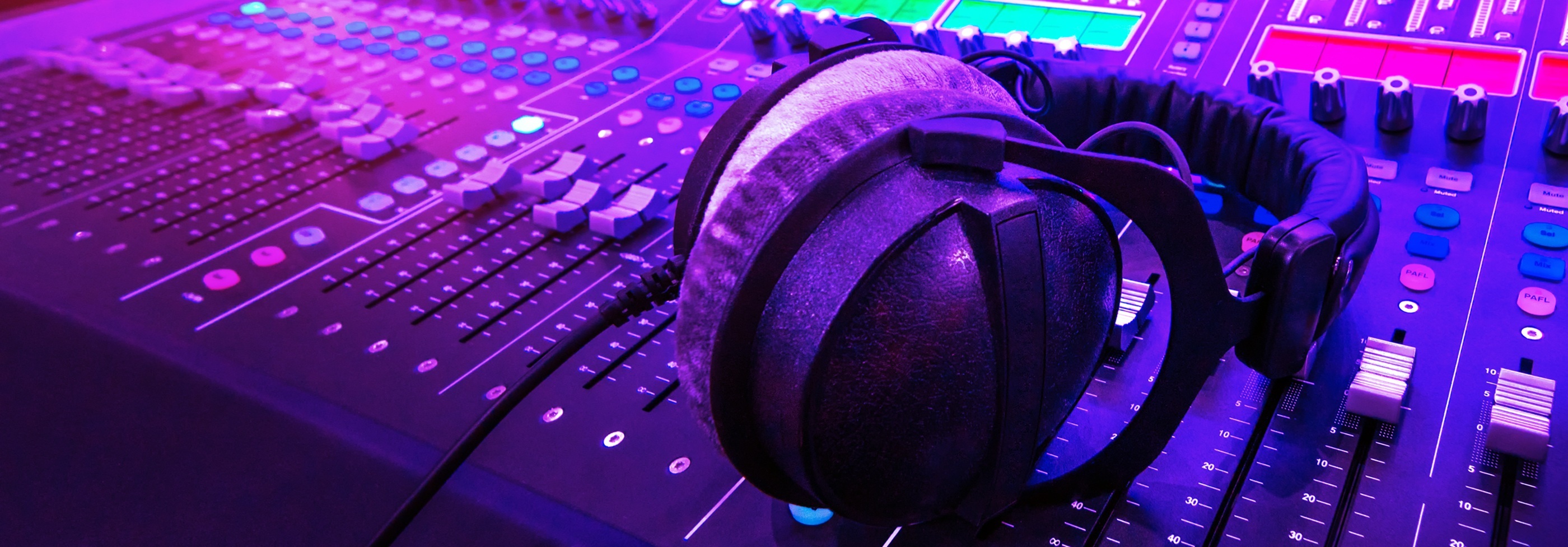
Developing your Overall Performance
BY: Natalie Christopher
30 March 2022
The introduction of the Overall Performance criteria with Trinity's Music Digital Grades added a new dimension to how a candidate prepares for their assessment. With no set material to learn or practise for this part of the exam, it is easy to overlook it as something that doesn't need much forward planning. But to create a strong, engaging performance, attention to detail and preparedness is everything. We've put together some of our top tips for developing your overall sense of performance.
Immerse yourself in the styles you are going to be playing and consider how you move between them
The ability to transition between or maintain musical styles throughout your performance is a considerable part of the Musical Awareness section of the Overall Performance criteria. So, whilst you are being assessed on your stylistic interpretation within the marking of your pieces, the Overall Performance criteria is looking at how you move between them. For example, how do you transition between playing a sad piece to a happy one, or from a Hungarian dance to a fanfare? Alternatively, if you are playing two similarly styled pieces, how do you maintain that style from one to the other?
Working on the stylistic interpretation of your pieces should provide some assistance with this as it will develop and demonstrate your understanding of musical genres, creating a clear distinction between them. What you then need to consider in relation to the Overall Performance criteria is how, in the short period of time afforded in a performance, you will prepare for this change. Some suggestions might be to:
- Hum or sing a few bars of the melody in your head
- Think of an image that you can use as a visual prompt before you start. For example, if you were playing a piece from Carnival of the Animals, you might visualise the animal you are playing and how it moves. For pieces with less literal interpretations, you might imagine something based on the mood of the pieces, such as a person being happy, sad, silly or scared.
- If the piece you are about to play sounds angry, imagine this mood for a few seconds before you start to play; if it is a joyful piece, imagine that feeling before you begin.
Practise to build confidence
The old saying is that 'practice makes perfect' and there is no denying the importance of notational accuracy - it's what relays the piece as the composer intended and instils confidence into the performer and their ability to play the piece proficiently. But, when rehearsing for any performance, it is important not to become too weighed down by the idea of giving a perfect rendition. Instead, focus on the performance you want to give and make sure you like what you hear. If there are any areas you feel could be improved, talk with your teacher about how you might do this - it might involve practising a tricky passage but it could also include working on a particular technique or exploring your own interpretation of the piece through dynamics and tempo.
It is also helpful to practise recovering from mistakes. This doesn't just mean managing to move onto the next note without disruption - it means mentally too. Dwelling on a wrong note you played 20 bars back will distract you from the notes you should be playing now and will likely lead to more mistakes. Try to find a way to stay focused and in the moment.
Lastly, think about your programming. If there is one part of the exam that you find trickier than the rest - maybe your Technical Focus song or one particular piece - where would you prefer to place this in relation to the rest of your exam? It might be tempting to place it at the start so that, if you do make a mistake, you can rerecord straight away. But placing it at the end gives you the opportunity to build up momentum and confidence before you get to this point.
These suggestions will help build your confidence in your performing and enable you to deliver with assurance.
Think of your performance as a recital
The Overall Performance criteria is applied from the second your video starts, to the closing shot. In this sense, it is no different to if you were going to be giving a performance on stage so you may want to consider how you would prepare for a performance in this context, or how you would expect to see others behave. If it helps, arrange to have a small audience present or someone managing the camera for you - we have lots of ideas about how to make an event of recording your exam on our blog.
Try to keep hold of that sense of occasion throughout your recording. This includes fighting the urge to check your phone or talking to anyone who might be in the room with you.
Preparation is key
One element of the Overall Performance criteria refers to smooth transitions and the best way to enable these is to make some key preparations in advance. You might want to consider:
- making sure you have your music to hand and ready to show the camera at the start of your film
- marking the pages of your book so that you can find the correct one easily
- having a note of any settings changes you might need to make on your instrument or supporting equipment
- making sure you have everything you need ready. This might include a glass of water, spare drumsticks or plectrums, your music stand, foot stool, mutes, etc.
Take a moment
Smooth transitions between pieces and items doesn't mean that you need to rush from one to the next. Take your time and think of your three pieces or songs as one complete performance, rather than as three separate items, making the space between important and remaining focused and composed.
Keeping composed and focused during time between pieces is key to any performance so, if you need a sip of water, to re-tune, or to take a moment to catch your breath and get into the right frame of mind for the next piece, please do so - just as you might on stage.
It's your performance - own it!
The main benefit of taking a digital exam is that you can record it whenever and wherever you like, within reason, so make it enjoyable for yourself. If you perform best in full concert dress and with an audience in front of you - go for it! Alternatively, if comfort is the key to making you feel relaxed, keep it small, simple and informal. The most important thing is that you can give your best performance!
Photo by ASBA Drums on Unsplash




Comments & Replies